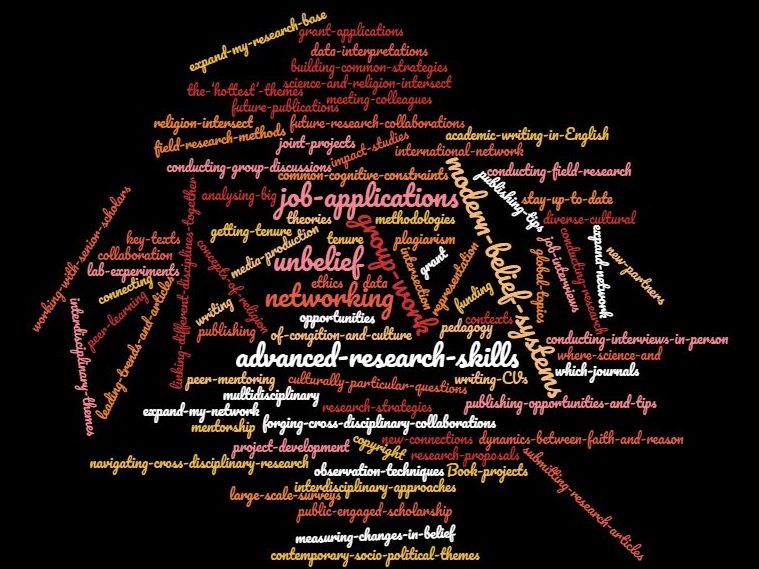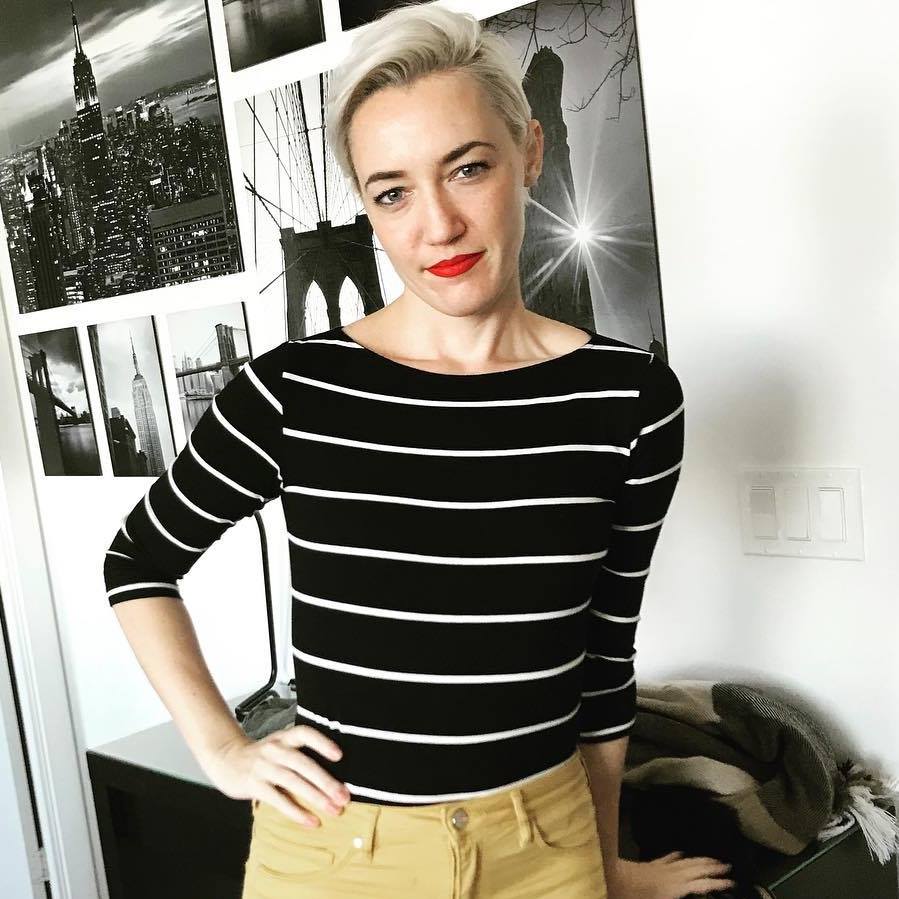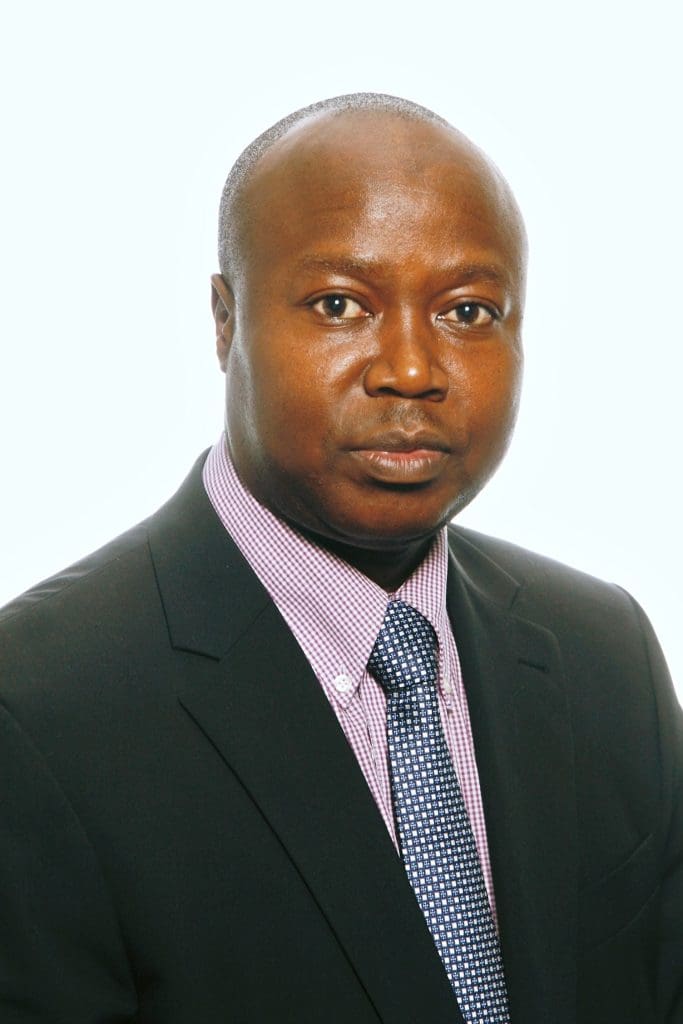
Reflections on the 2020 Early Career Workshop
By Amanda Beardsley and Jude Likori

In July of this year, the INSBS Network hosted a week-long workshop for Early Career Researchers. The Workshop was split into two groups to accommodate a broad range of time zones. Two members of the groups give us their reflections on the workshop below; Amanda (West Cohort) and Jude (East Cohort).

Amanda wrote: With the onset of a global pandemic, many have suddenly found events cancelled or moved to the less than optimal format of Zoom calls. This was the case for the Early Career Researcher (ECR) Workshop hosted by the International Research Network for the Study of Science and Belief in Society (INSBS) held 20-24 July 2020. Though I had looked forward to meeting everyone in South Africa in person—and Zoom has proven relatively spotty in the past—the workshop proved an educational, well-organized, and deeply meaningful resource for someone in their early career. As an art historian who works on the history of technology and sociology of religion, I walked away with a greater appreciation for the multidisciplinary work being done on science and belief, much of which has been pioneered by the facilitators.
The facilitators communicated scheduling and programming information through an impressive array of materials that were both precise and thorough. They sent us gridded schedules with attendee names and profile links, articles and videos, additional resources for grant writing, and the like. Each day was dedicated to a theme that could potentially benefit researchers in their early career such as online presence, project development and research partnerships, and how to approach funding pursuits. Facilitators further encouraged us to study our cohorts’ profiles ahead of our meeting, adding a level of familiarity to initial gatherings.
The workshop began with introductions and a general overview of what to expect. We were a diverse international group, with scholars joining from Brazil, Mexico, the United States, the United Kingdom, and Nigeria, to name a few. Given the solitude of quarantine, it was refreshing to meet a new group of scholars. Though we seemed an awkward bunch—it is my experience that online conferencing generally seems to have more reluctant participants and longer silences post-question—I looked forward to possibly forging new relationships and, hopefully, even new collaborations.
Before our next meeting, we were asked to consider our digital footprint by participating in an online social media tracker (basically an advanced Google search of yourself). While most of what came up for me was expected, I was surprised to find an article using my photo expressing shock that women could do as much as men. Um, so, yeah, there was that. I also learned a few things about how to enhance my online presence. Some of this included how to be more aware of my digital footprint, how to leave signposts to updated materials if unable to update my social media and website regularly, and how to use additional platforms to help my work gain more visibility.
Other sessions helped with the logistics of the early career. Dr. Tania Cleaves imparted her knowledge of the grant and funding application process based on her experience as a Research Facilitator and multi-fellowship recipient. Meanwhile, Professor Fern Elsdon-Baker and Dr Stephen Jones drew from their significant work on building research partnerships to guide us on project management, collaboration, and development. Most beneficial to me was the one-on-one mentorship, where senior scholars generously offered their time post-workshop to help go over job materials and current projects. This kind of guidance and reassurance in the uncertainty of the current job market was invaluable.
The ECR workshop was not only a positive example of how to navigate the abrupt shift to online conferencing, but it also provided an impressive network of engaging facilitators and colleagues who continue to push the boundaries of established theories about the relationship between science and belief in society. I hope the facilitators know how grateful many of us were for the opportunity.
You can view Amanda’s Researcher Profile here

Jude wrote: I got closely involved with INSBS upon introduction by a senior member of staff (Prof. Chepkwony). He had received an invitation to present a paper in a conference scheduled on 1st-3rd July, 2020. We successfully submitted abstracts for both individual and group presentations for the conference themed STEMM and Belief in Diverse Contexts: Publics, Praxis, Policy and Pluralism. I was particularly curious about the accompanying call for participants in the Early Career Researcher (ECR) workshop. From the call, the workshop was to be focused on multidisciplinary skills training for those working on science and belief in society. This caught my attention and motivated me to participate in the workshop too. At the climax of our preparation, however, the sad news of COVID-19 paralyzed interaction globally, forcing the postponement of all physical activity. Nevertheless, the organizing staff at the University of Birmingham explored the digital options and organized a virtual online workshop through the Zoom platform.
My experience at the online workshop for Early Career Researchers was memorable. The entire arrangement was an inspiring event for any first time participant. But perhaps the management of technology for smooth virtual proceedings made the experience unique. The organizers used technology for maximum output. As a participant I listened, watched and interacted as much as I could do on a physical one-on-one conference. The Zoom facility provided the dynamics necessary for active learning: group work, use of PowerPoint and all the eLearning resources. The ready availability of the necessary technical machinery coupled with experts’ experience in using them enabled timely delivery and smooth learning. Being the first encounter under COVID-19 circumstances, the experience helped me to encourage colleagues to contribute to my department’s performance in eLearning and online meetings and classes that is on-going now in our University.
The workshop was handled with utmost professionalism: every facilitator knew and did his/her part exemplarily. Good coordination and teamwork played out effectively. While the absence of any single facilitator was immediately felt among the participants, the contribution of those present was irreplaceable. The workshop counted on this professional ability to succeed in an extraordinary circumstance. In my background, positions are rarely shared. Teamwork is often hard to achieve and so is collaboration for any research endeavour. When the ‘important’ person is missing, the event collapses. I learnt the power of teamwork and the value of trusting a colleague with specific roles to play.
The management of the individual expert input satisfied participant expectations and often left us wanting to hear more: Firstly, the drawing up of the programme involved the suggestions of the participants. The input was, therefore, well anticipated by all. Secondly, the choice of experts to handle the themes scheduled in the programme assured participants of visible quality of all presentations; and thirdly, the content chosen was backed by appropriate references made available to participants on-line in advance. This did not only satisfy the expectations, it groomed us in a lasting and referred professional art of quality public presentations.
The themes included: introducing the participants to the trending themes in the social study of science and belief; taking individual research online and engagement on social media; establishing research partnerships and developing research projects; and approaching funding pursuits. The closing day of the workshop projected the way forward by inviting all the participants to network with colleagues across the globe through shared research projects, publishing scientific works on recommended reviewed journals, and above all opting to work with a mentor of one’s choice among the senior research staff proposed in the workshop. The final endeavour to attach every participant to a mentor of proven and dependable scholarly experience was the ultimate demonstration of concern for our future as researchers. The workshop, therefore, remains an invaluable asset that ever came my way in my aspirations as a junior scholar. I can only wish for positive attitude and hard work within the guidance given in this conference. I remain grateful to the senior research team of the University of Birmingham for the successful facilitation of this workshop online.
You can view Jude’s Researcher Profile here
